As a teenager growing up in Philadelphia, Pennsylvania, Japhia Life started rapping by “just being in the neighborhood. Just being around people who that’s what they did every day. I was the last one of my friends to start rapping. I was actually singing first.” He never thought he could have the technique to be a rapper, and wasn’t an all-out fan of rap like many of his friends.
“I just took a stab at it when they asked me to. They said they liked it and I just kept doing it. It has kind of been therapeutic and fun at the same time.”
During Japhia Life’s youth in the 80s and 90s, gangs were not a problem in Philadelphia, but many blocks, streets, and neighborhoods had their own groups, some of which saw each other with animosity. “I just was loyal to my friends and they were loyal to me.”
He was the older brother of his sister, and tried to serve as her protector from the streets. “You’re talking about a kid, myself who never really liked fighting and violence, but that was kind of like what it was. If you didn’t have an older brother where I grew up you were going to get into something at some point, even just walking to the corner store to get some candy.”
Japhia Life said that he always sought to have good relationships with others, even with others who may have wanted to pick a fight with him. “It was kind of hard for me to be that good kid with a good heart in that type of community and environment. It took its toll on me after a while, and I think for a lack of a better way to express it, I got assimilated into it.”
“After a while, God started talking to me more clearly and I felt like I heard a voice that could really understand where I was in my mind and my heart at that time. At the end of the day, everything that goes on in the community, you don’t have to be a product of it. As much as you fight for one thing, you could fight for truth, you could fight for love, you could fight for life.”
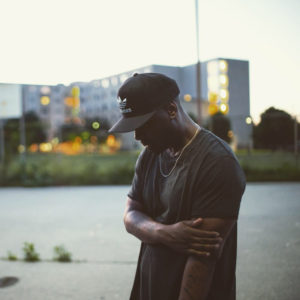 In his new EP, Welcome to Heartsville, Japhia Life speaks a lot about his home city. “It’s a beautiful city full of art and culture. [There are] a lot of good things going on [from which] I think people could glean from and enjoy. I’m just trying to help restore that feeling through my contributions, through my art [and] through my music.”
In his new EP, Welcome to Heartsville, Japhia Life speaks a lot about his home city. “It’s a beautiful city full of art and culture. [There are] a lot of good things going on [from which] I think people could glean from and enjoy. I’m just trying to help restore that feeling through my contributions, through my art [and] through my music.”
He decided to use each song to tell stories from his life so that people can get a picture of what it is like to come from Philadelphia. Japhia Life wants to “let them be a fly on the wall per-se in terms of everything I’ve experienced to better help them understand my music and even me as a person.”
Unlike most rappers, he records all of his music without writing anything down. “I go into the studio. No pen. No pad. Just beats and my thoughts.” He recorded Welcome to Heartsville with engineer Kid Classic in Orlando, Florida.
The City of Brotherly Love is a nickname for Philadelphia, and Japhia Life thinks of love and a big heart when he thinks of his city, hence the name of his album. However, he says a lot of culture has been taken away from the city and “it has been the city of brotherly hate in a lot of ways. I wanted to restore the feeling of it being a heartfelt place where you can just communicate who you are an an individual.”
Welcome to Heartsville’s album cover features a photo of a dog with a dollar bill, which were meant to reflect “the hunger for more and just being ambitious. A lot of my friends where I’m from, most of them, they’re just trying to get to a dollar at the end of the day. That was one point of reference for it.” He wanted the art to remind people of old school album covers from the 80s.
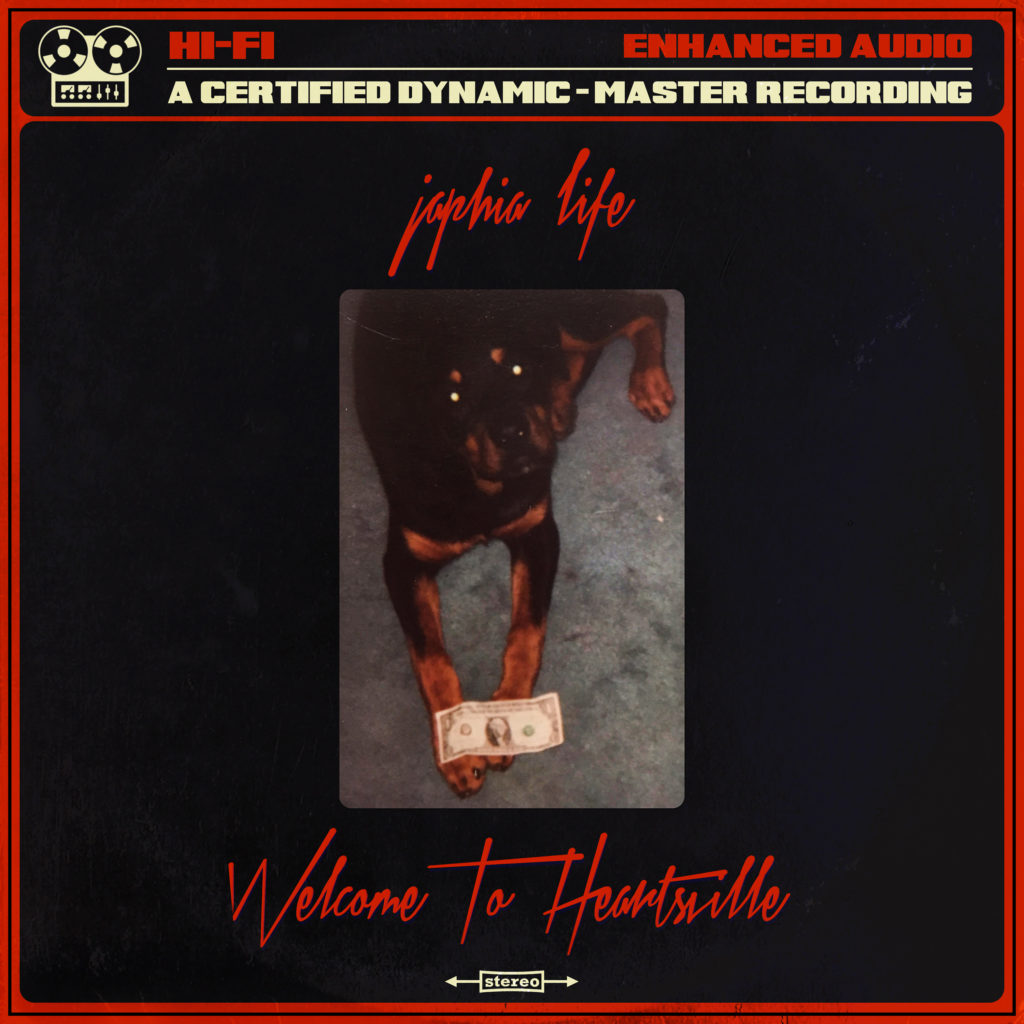
“I felt like I finally got back to making the kind of music that I was a fan of from some of my favorite artists and even from myself in terms of my catalog so I wanted to do something that commemorated that type of music and that type of sound so I felt like the only way to do that was to do something completely retro.”
The second track, “Before Sunset,” was inspired by “the things I see going on and how I feel like we promote and glamourize death and violence.” In the song he speaks about a close friend from his youth named Jermaine.
“We looked out for each other coming up and growing up and I just felt like it was certain things I couldn’t protect him from no more. I felt like I tried my best and I felt heartbroken because I felt like my best that I gave wasn’t enough.”
Jermaine was killed, and Japhia Life thinks about his friend and how many other people he doesn’t know have lost loved ones due to gun violence. He is saddened because “Our culture often times promotes that. Its marketable to come from that and be a part of that.”
The second song, “Margarette’s Prayer” refers to Japhia’s Life mother. “My mother’s prayers were something that were always in the back of my mind, always in the back of my head knowing that my mother was praying for me.” He felt that to a degree, his family’s prayers are what kept him sane and alive growing up where he did in Philadelphia, and he is very appreciative for them.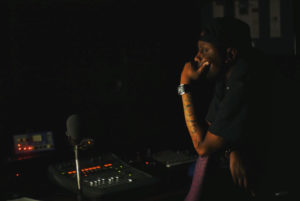
On a couple of the songs, you hear the voice of a man leaving a message on his answering machine. The man seems to be struggling and has a strong need to talk to Japhia Life. This voice belongs to his childhood friend whom he lost contact with until “one day later on in life I was on the train and I saw him on the train. He saw me and we spoke to each other and he was like, ‘Yo, man, how have you been? What’ve you been up to?’ and I was telling him what I’m up to and what I’m into, and he says to me, ‘Yeah, I’m into this.’”
The friend reached into his pocket, and Japhia Life feared that he was about to reveal a weapon, but instead, he pulled a bible out of his pocket.
“I was blown away because he was one of the last people I thought would really be into the bible, be into God, anything like that. He was really passionate about how his life had changed. He was trying to convince me that that was the route I needed to go and he got surprised when I told him I was already there.”
After that, Japhia Life and this friend have kept in contact “and ever since then he’s been like my brother. He always leaves me voicemails on my phone and a couple of those were ones we put on the project.”
“St. Jude’s Garden” is about Japhia Life’s introduction to hip-hop music, and refers to him collaborating with Jude “Tha Architect” Gavin in his early days of making music. “Just watching him make beats and create right in front of my face at such an early age, those first songs turning into what we now know as my first project, Pages of Life, it was just something I wanted to do to pay homage to him.”
The final track, “The Suicide of John Doe” is a song for people going through painful times who feel like their prayers stop at the ceiling. It is a relatable song for those “who feel like God can’t hear them, people don’t understand them, and they feel like their only way out is to take themselves out.”
“I hope that they get my heart from it at the end of the day. I hope they get my thoughts from it, a clear perspective at the end of the day.”
Outside of music, Japhia Life is a film buff. “I’ve got some stuff I’m getting ready to produce and direct. I’m actually in a film thats coming out next year.” He is also a painter! “I started painting about a year and a half ago so I’m an abstract painter now. I may have a show coming up soon.”
“I just want people to be able to enjoy this project. Hopefully they’ll get where I’m coming from when they listen to it and stay tuned. We’ve got some real cool stuff coming up.”
You can get Welcome to Heartsville on iTunes, Amazon, and Google Play.


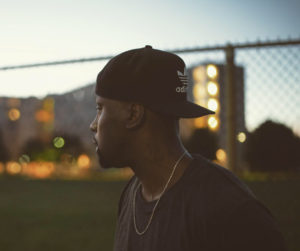
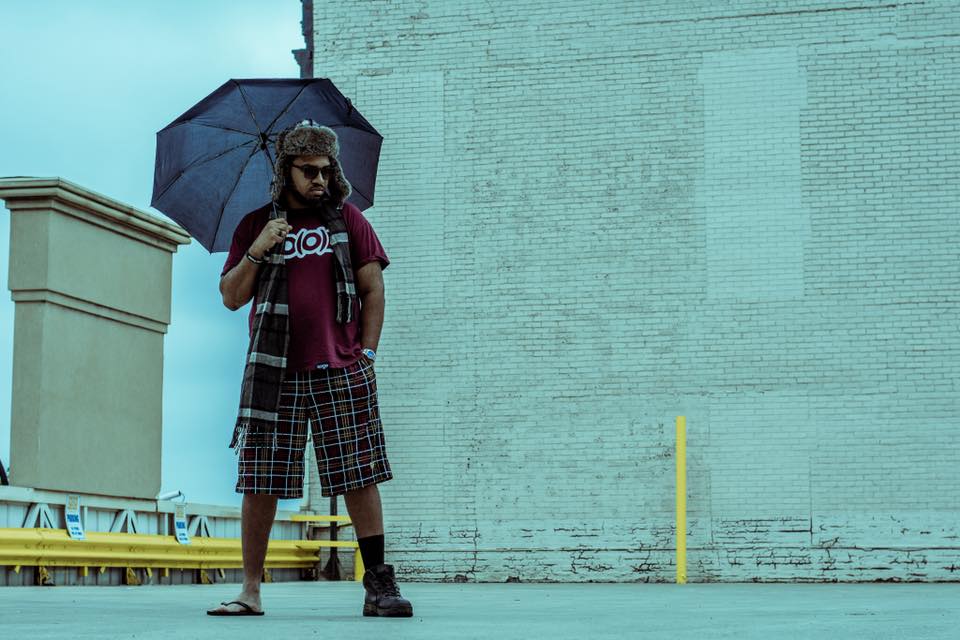
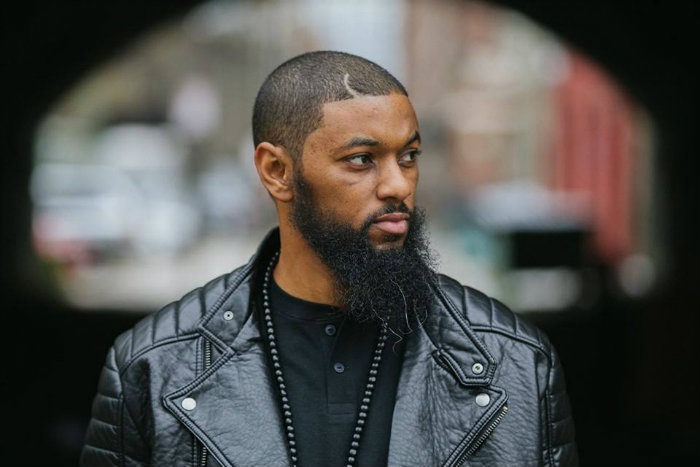
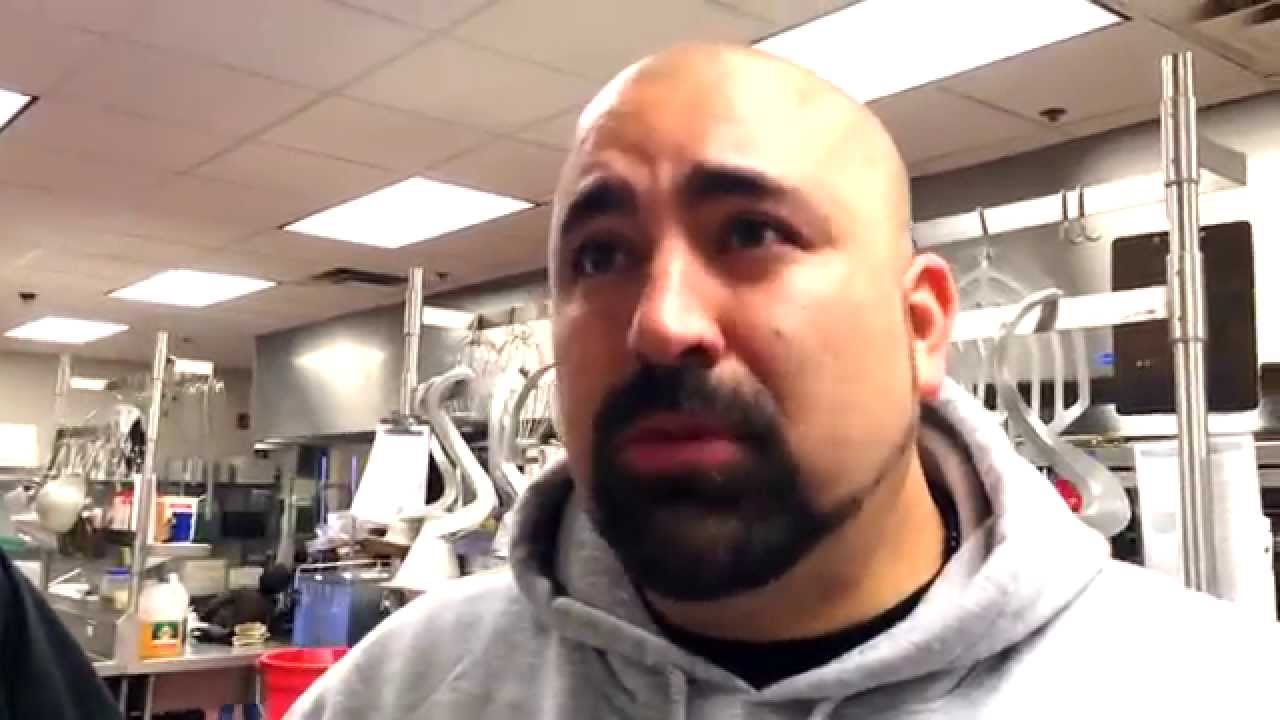
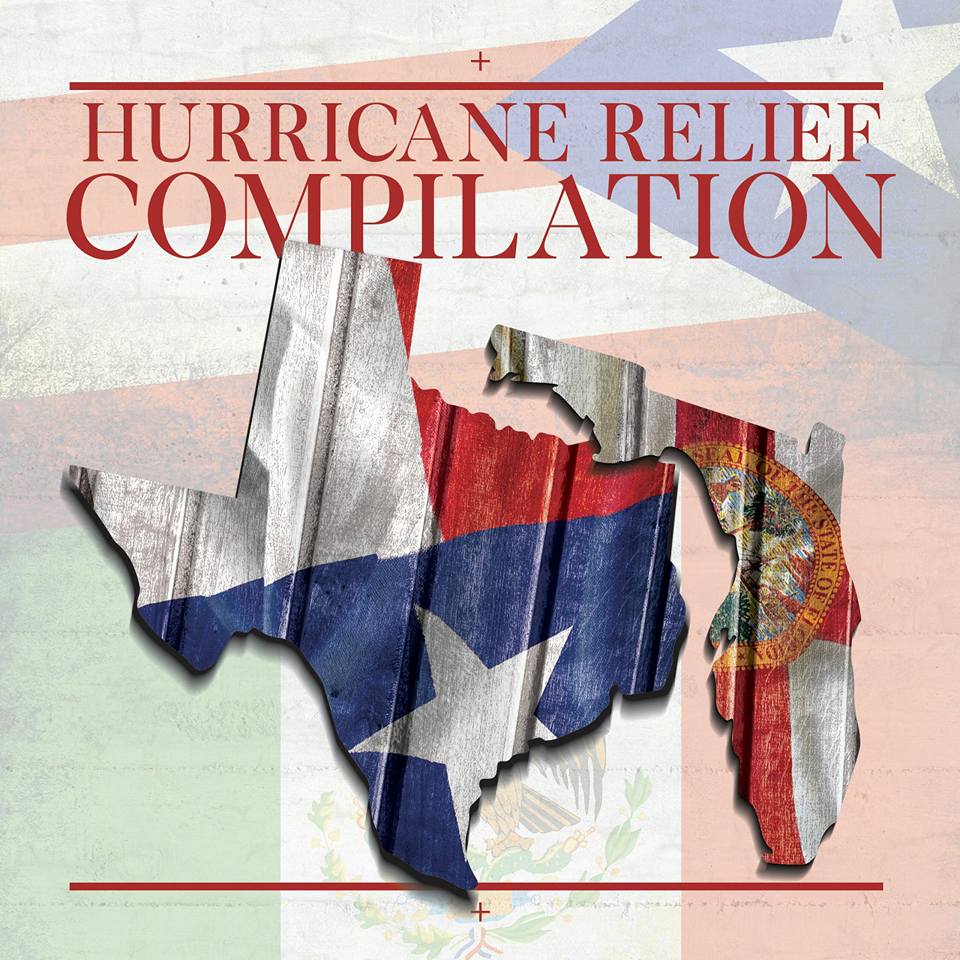
Great article. Japhia Life is underrated!